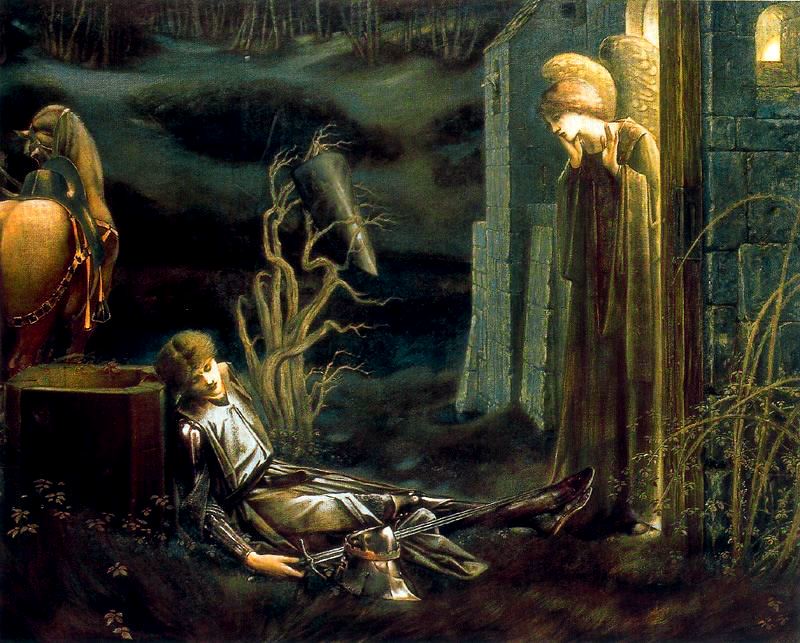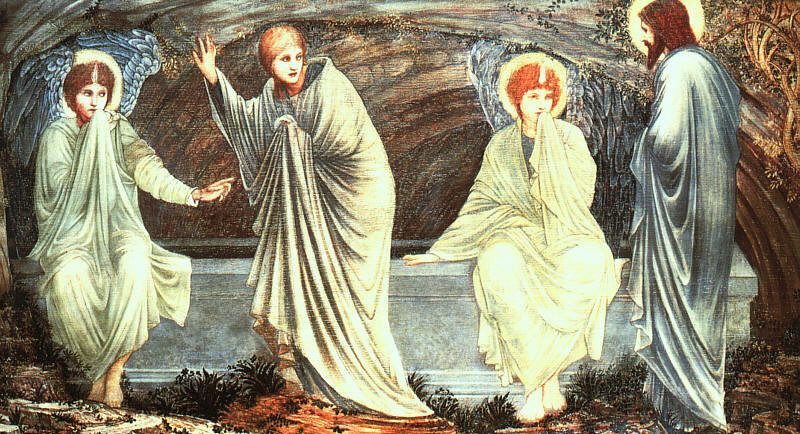
Sufjan Stevens is absent in photos the way Garbo or Matthew Barney are absent in photos. In his music he hesitates before the threshold of action or grieves the aftermath of action and depicts robust action only through DayGlo surrogates like Superman, Santa, or zombies.
But last night at our cavernous Academy of Music, Sufjan Stevens warned that his focus would be less the end of time or the dawn of time and more the middle of time: where we are, right now, here. He was gabby and sassy, and busy with important, lyrical hand signals that suggested semaphore for poetic aliens.
Then he put on a big flashy rock and roll science fiction stage show that had me thinking of Bowie, the Flaming Lips, and Tron.
Some will torture the question of whether this was ironic. Let me settle the matter. It was ironic. It was not ironic. I choose to think of Sufjan Stevens as that type of artist who is most sincere in irony, most ironic in sincerity. Like Mel Brooks. We know that the things we love are ridiculous.
I may have more to say about this as I figure it all out. I have been listening to Sufjan Steven's symphonic tribute to the Brooklyn-Queens expressway The BQE and did not realize he put out an album of bombastic synth pop last month, The Age of Adz. I love bombastic synth pop and I love Sufjan Stevens, so you must imagine me numb with excitement, almost unable to appreciate the enormity of the advent of this album--like Mary Magdelene meeting the resurrected Christ in the graveyard, and insisting that he must be the groundskeeper.

No comments:
Post a Comment